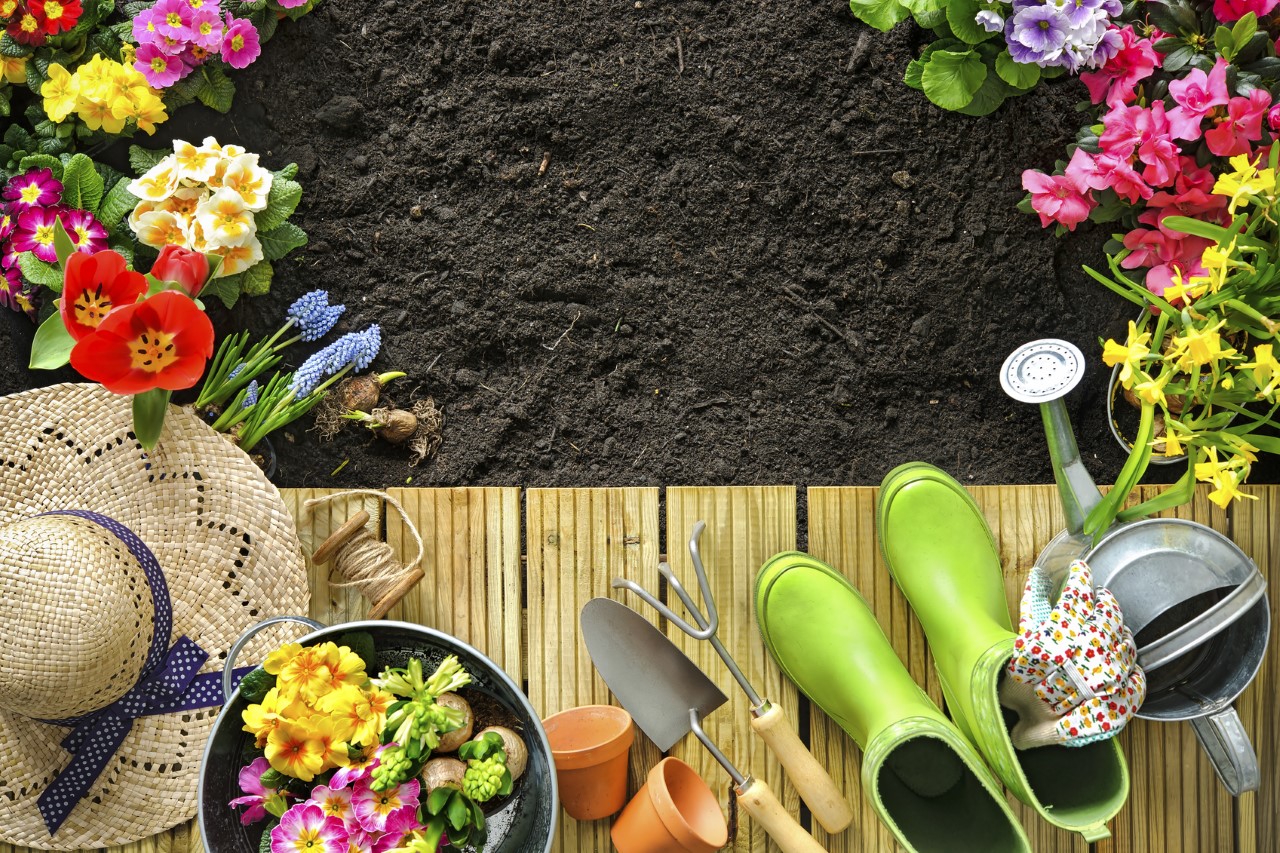Not known Factual Statements About "Organic vs Synthetic Fertilizers: Which is Better for Your Plants?"

Horticulture may be a fulfilling and rewarding experience, but it can easily also be discouraging when your plants neglect to make the fruit products and vegetables you are anticipating. One of the most essential factors in productive gardening is fertilizing. Fertilizing supplies essential nutrients to your vegetations, helping them develop more powerful, more healthy, and extra productive. In this article, we are going to cover how to enhance fertilization in your yard so that you can easily take pleasure in a abundant produce.
1. Check Your Soil
Before you start enriching your landscape, it is necessary to check your dirt. A ground exam will inform you what nutrients are being without in your dirt and what amendments you require to include to improve its productivity. You may purchase a ground test set at any sort of yard facility or on the web store.
2. Decide on the Right Fertilizer
Once you understand what nutrients your dirt needs, it's opportunity to opt for the right fertilizer. There are a lot of different styles of fertilizers offered on the market, consisting of all natural and artificial options.

Organic fertilizers are created from all-natural components such as garden compost, manure, bone dish, and blood stream meal. They launch their nutrients little by little over opportunity and strengthen dirt wellness through including organic matter.
Man-made plant foods are produced coming from chemicals that give a quick burst of nutrients to vegetations but do not strengthen ground health and wellness in the lengthy run.
When deciding on a fertilizer for your landscape, look at using an natural choice if achievable.
3. Use Fertilizer at the Right Time
Time is everything when it comes to enriching your garden. Applying plant food as well early or too late can easily lead in inadequate plant development or even harm to your vegetations.
In general, it's greatest to apply fertilizer early in the growing time when vegetations are beginning to expand actively or only just before planting brand-new crops. This are going to provide them the increase they need to have in the course of their preliminary development phases.
4. Utilize Compost
Garden compost is an great resource of natural issue that delivers numerous of the vital nutrients vegetations require to develop. It also strengthens dirt construct and water loyalty, creating it an great addition to any backyard.
You can produce your own compost by gathering kitchen scraps, lawn rubbish, and various other all natural materials in a compost bin. Over opportunity, these products will certainly damage down right into a wealthy, nutrient-dense ground amendment that you can easily utilize to feed your garden.
5. Mulch Your Garden
Mulching your landscape is yet another way to enhance soil health and wellness and boost fertilization. Mulch aids preserve moisture in the soil while restraining pots and regulating ground temp.
Natural composts such as straw, leave of absence, or yard trimmings likewise break down over opportunity, adding valuable natural concern to the soil.
6. Rotate Your Plants
Crop turning is a strategy where you plant different plants in various areas of your garden each year. This aids prevent nutrition deficiency in the soil through allowing different plants to absorb different nutrients.
For instance, if you plant tomatoes in one location of your landscape one year, you must grow a plant that requires different nutrients (such as beans) in that location the following year.
7. Stay clear of Over-fertilization
While it may be appealing to use even more plant food than essential to attain faster outcome, over-fertilizing can in fact damage your vegetations and harm the environment.
Extreme plant food usage may lead in vitamins and mineral runoff into nearby water sources or also seeping in to groundwater source. Read This can additionally lead to sodium buildup in the dirt which can destroy plant roots and impede their capability to soak up water and nutrients.
Conclusion
Fertilizing is an vital part of successful horticulture but it's necessary not to overdo it. Through testing your soil, picking the ideal plant food, administering it at the ideal time and staying clear of over-fertilization you may assist make certain that your plants develop strong and healthy along with a abundant harvesting for years to happen!
